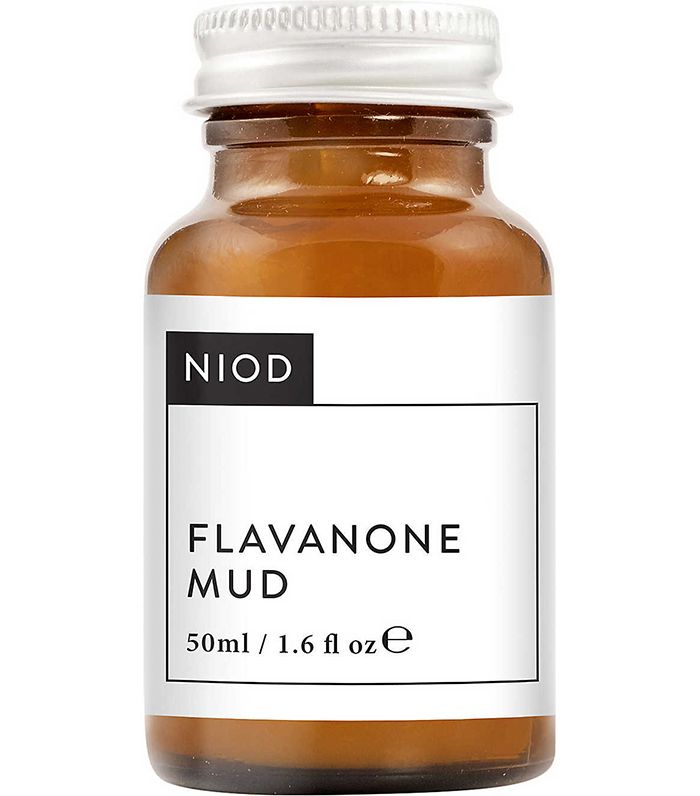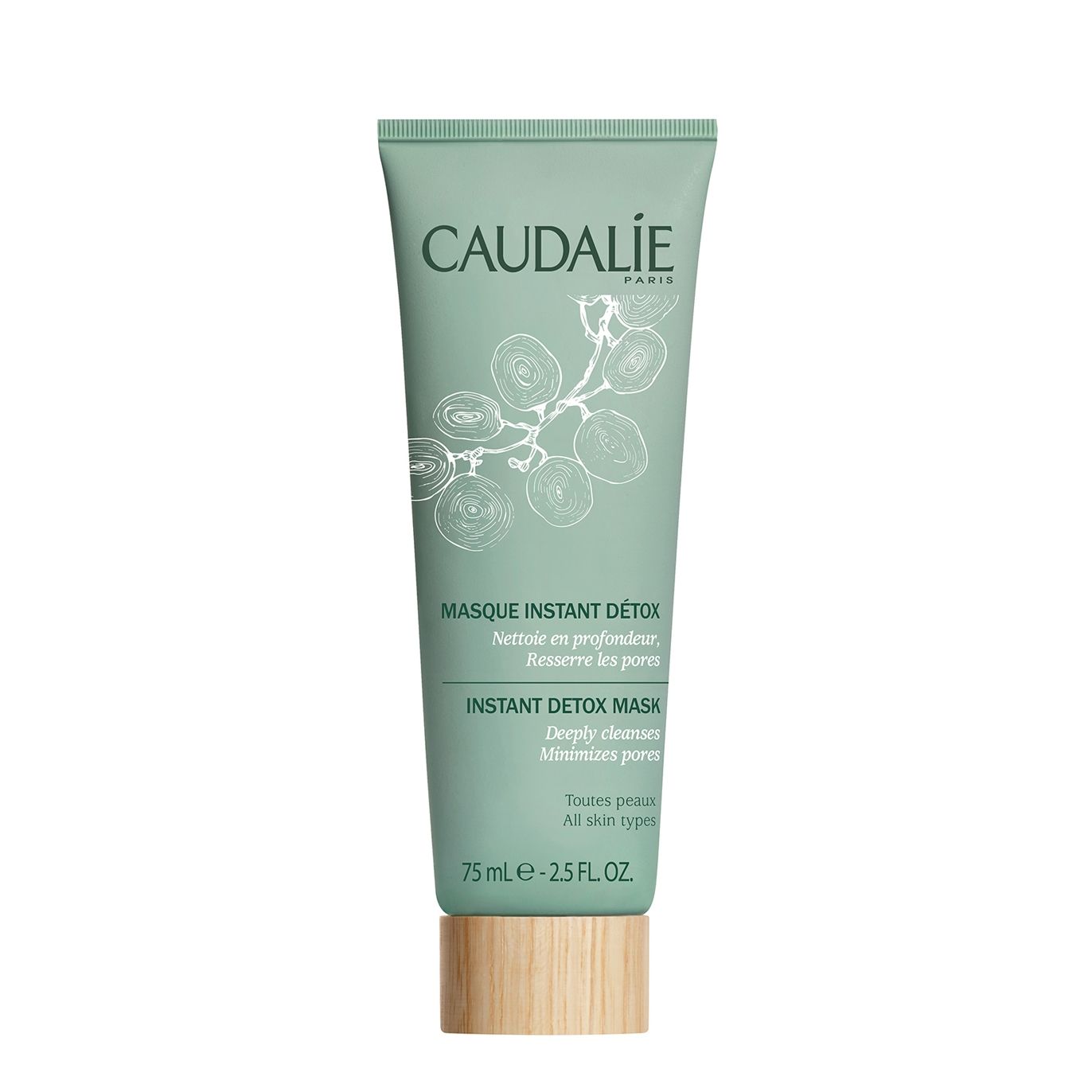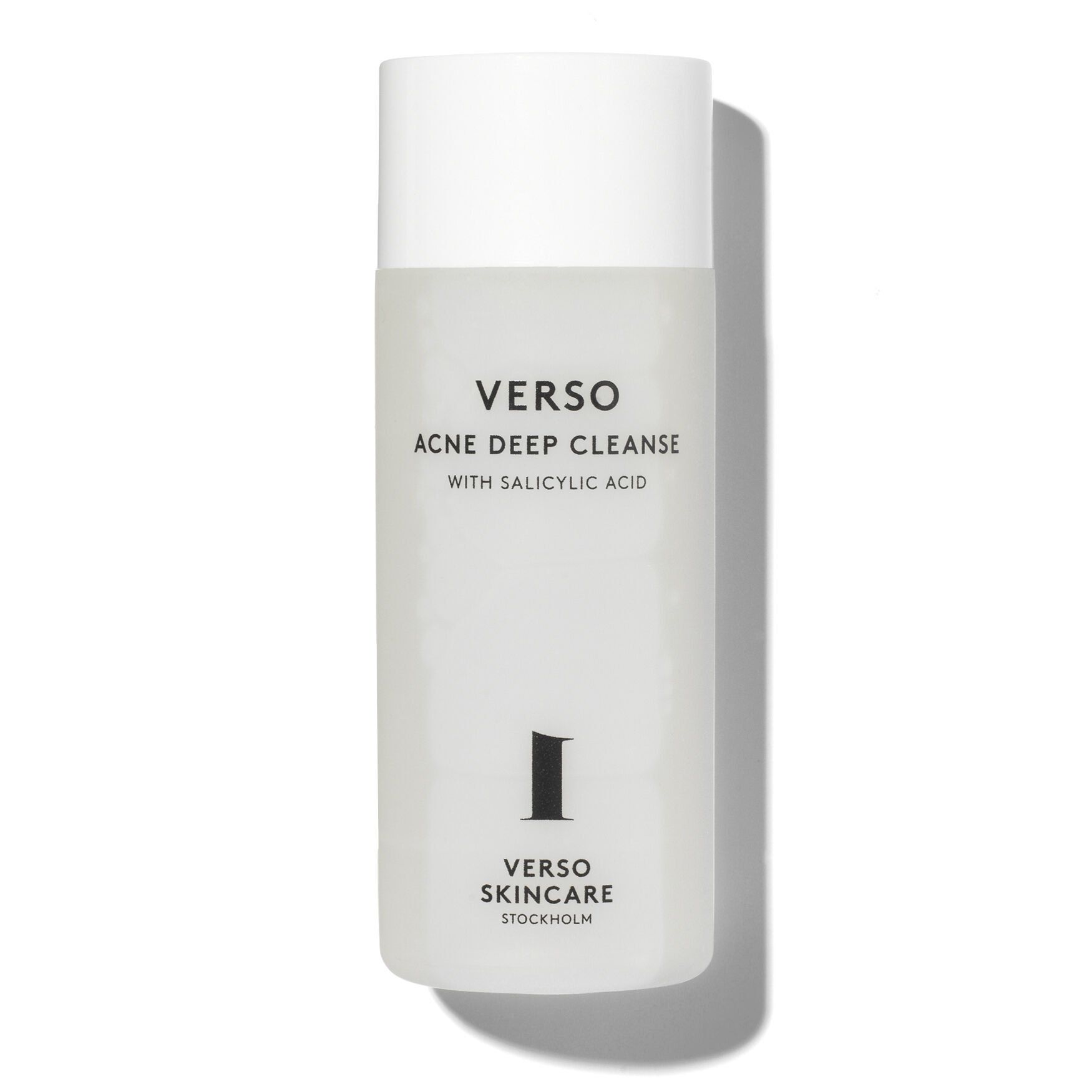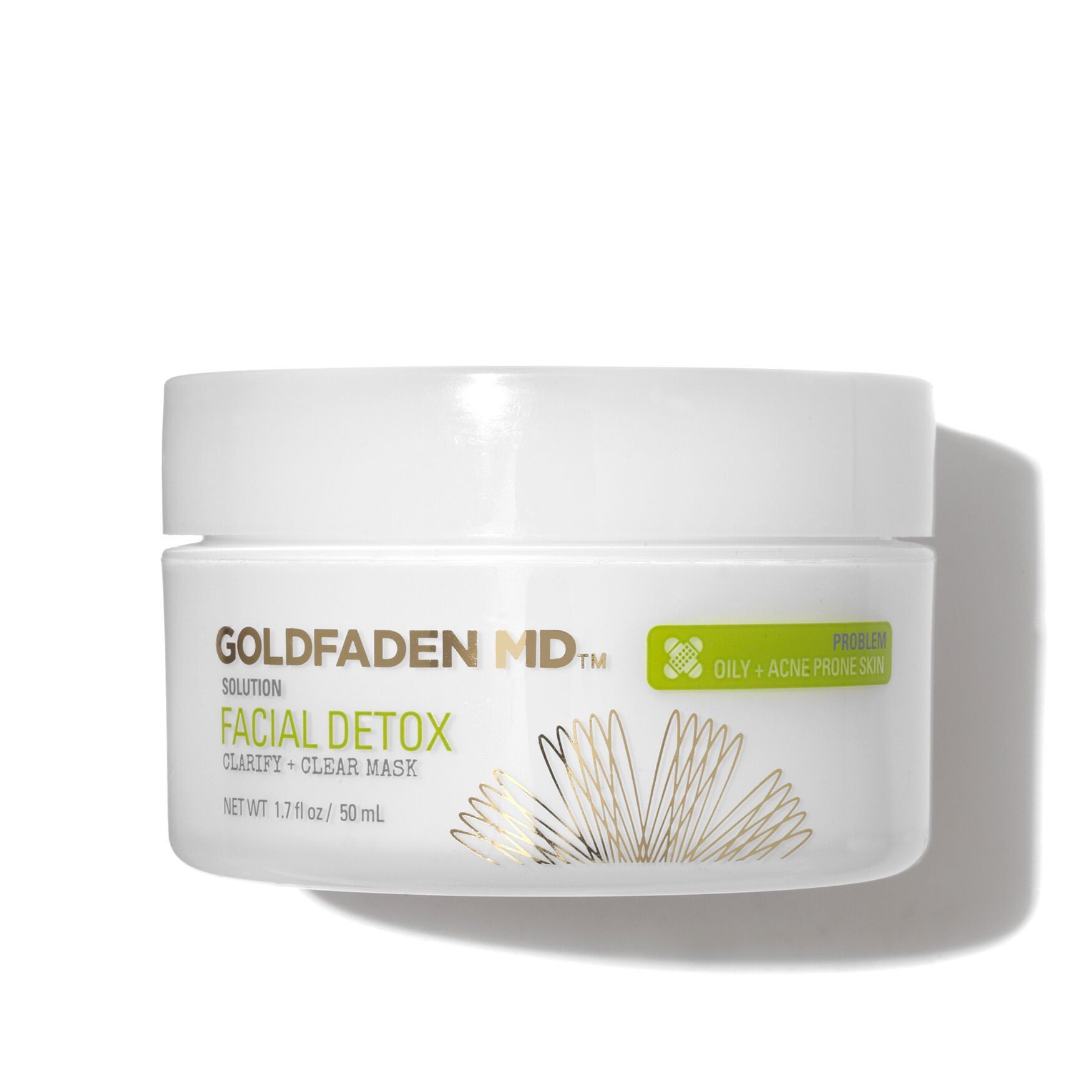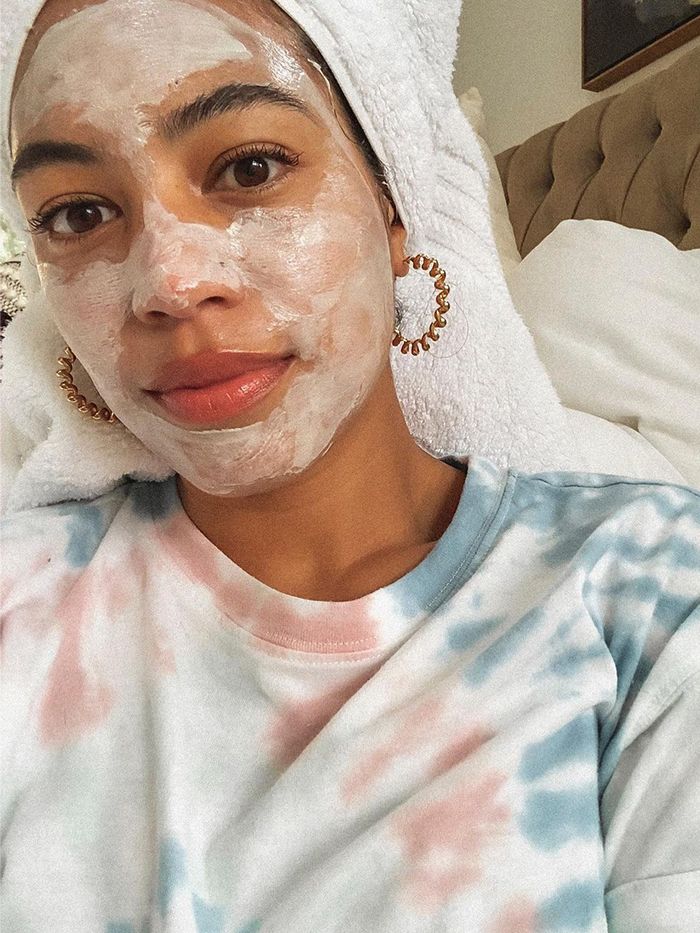
There’s no doubt that the world of skincare is totally confusing. Something that is heralded as a skin saviour one day could be lining bathroom bins the next. Truthfully, there is simply so much information out there that it’s tough to know what to believe. Although attempting to cut through the noise is my job, I must admit it’s not easy. With new ingredients and product launches basically every day, trying to find a way to consolidate the conflicting information and make some sense of it all can be mind-boggling.
Luckily though, whenever I’m feeling confused or overwhelmed, I have a whole directory of skin experts on hand to turn to. From dermatologists and surgeons to aestheticians and facialists, I can always rely on the best experts to deliver the cold, hard facts because, when it comes to skincare, the science doesn’t lie. The people who are actually working with skin day in and day out (and have fixed mine on a number of occasions) are the ones I trust the most.
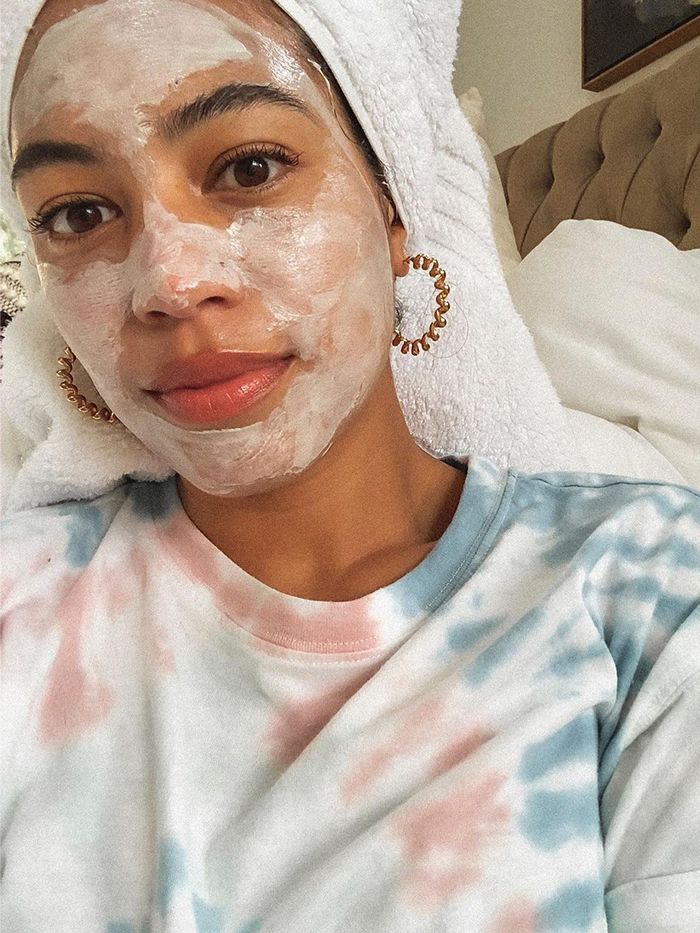
While my go-to experts have a lot of product recommendations up their sleeves, they also have a long list of products and ingredients they urge everyone to stay away from. However, despite being told hundreds of times that certain products are downright bad, because my love for skincare knows no bounds, I must admit that it has taken me years to fully take the advice on board. Although I have to go without products that once brought me joy, my skin really is better for it. So without further ado, keep scrolling to discover the products skincare experts always tell me to avoid (and what I use instead).
While sheet masks make for great Insta selfies and feel soothing and cooling on the skin, they’re really terrible for the environment. Sure, seemingly eco-friendly masks are out there, but in reality, there are enough perfectly good alternatives, meaning we can avoid having to use them. In fact, most skin experts I speak to say sheet masks have few skincare benefits and urge clients to reach for something more hard-working.
Traditionally soaked in hydrating serums that champion plumping, glow-boosting ingredients like hyaluronic acid, sheet masks are only a quick fix. Instead, experts recommend incorporating hydrating ingredients into your everyday routine in the form of serums. But that doesn’t mean you have to go without masks. In fact, more intensive, weekly treatments that utilise powerful ingredients like alpha-hydroxy acids are deemed much more effective at boosting glow in the long-term.
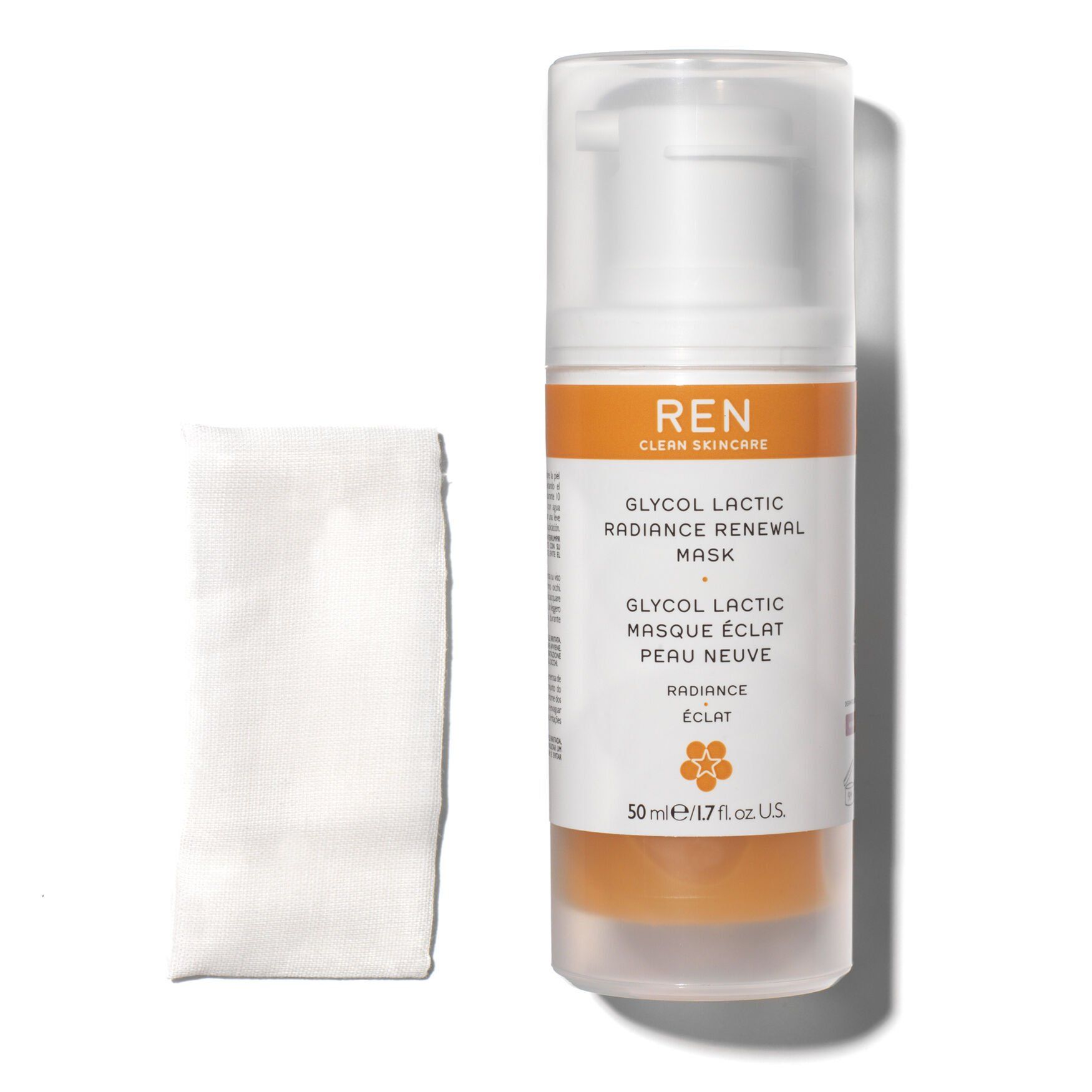
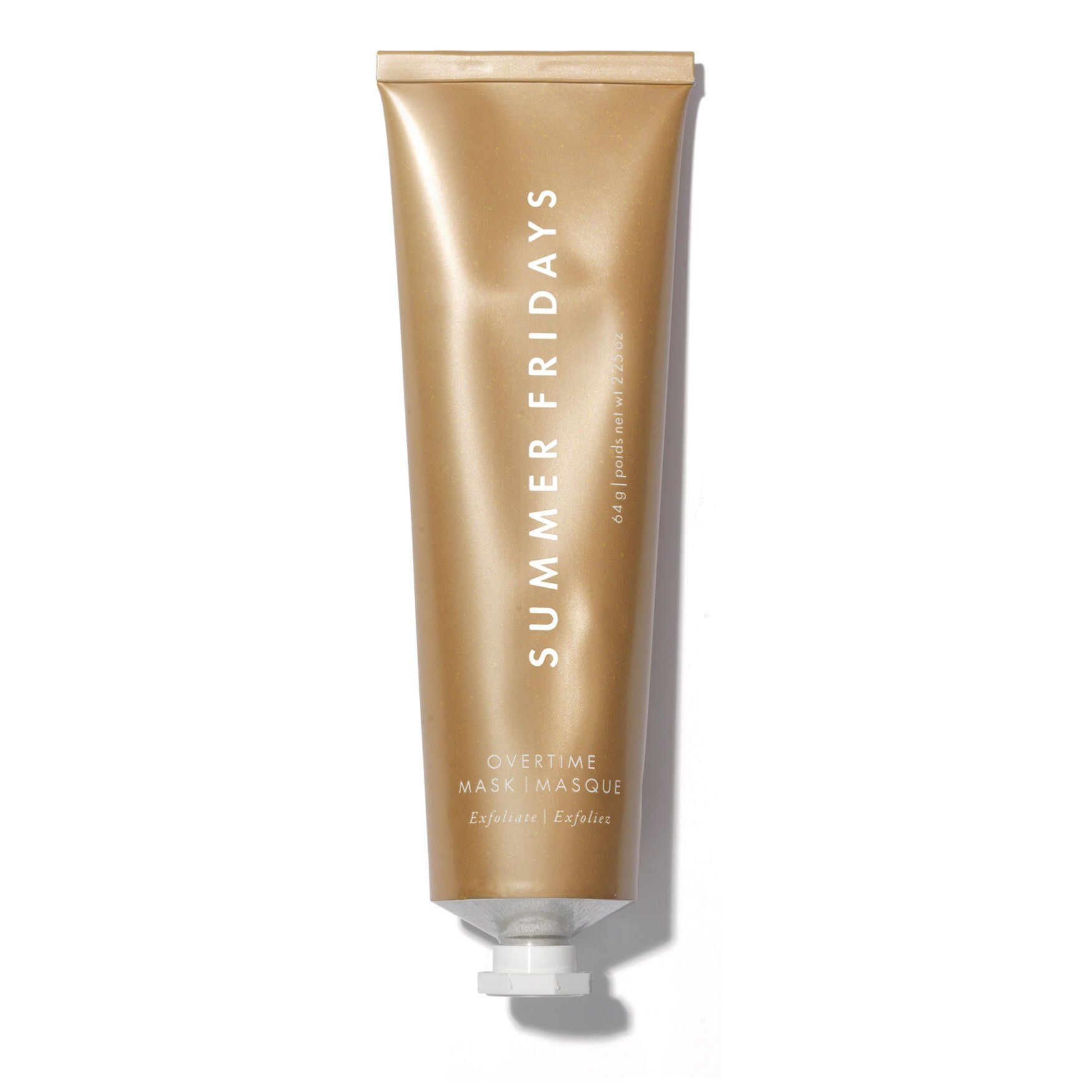
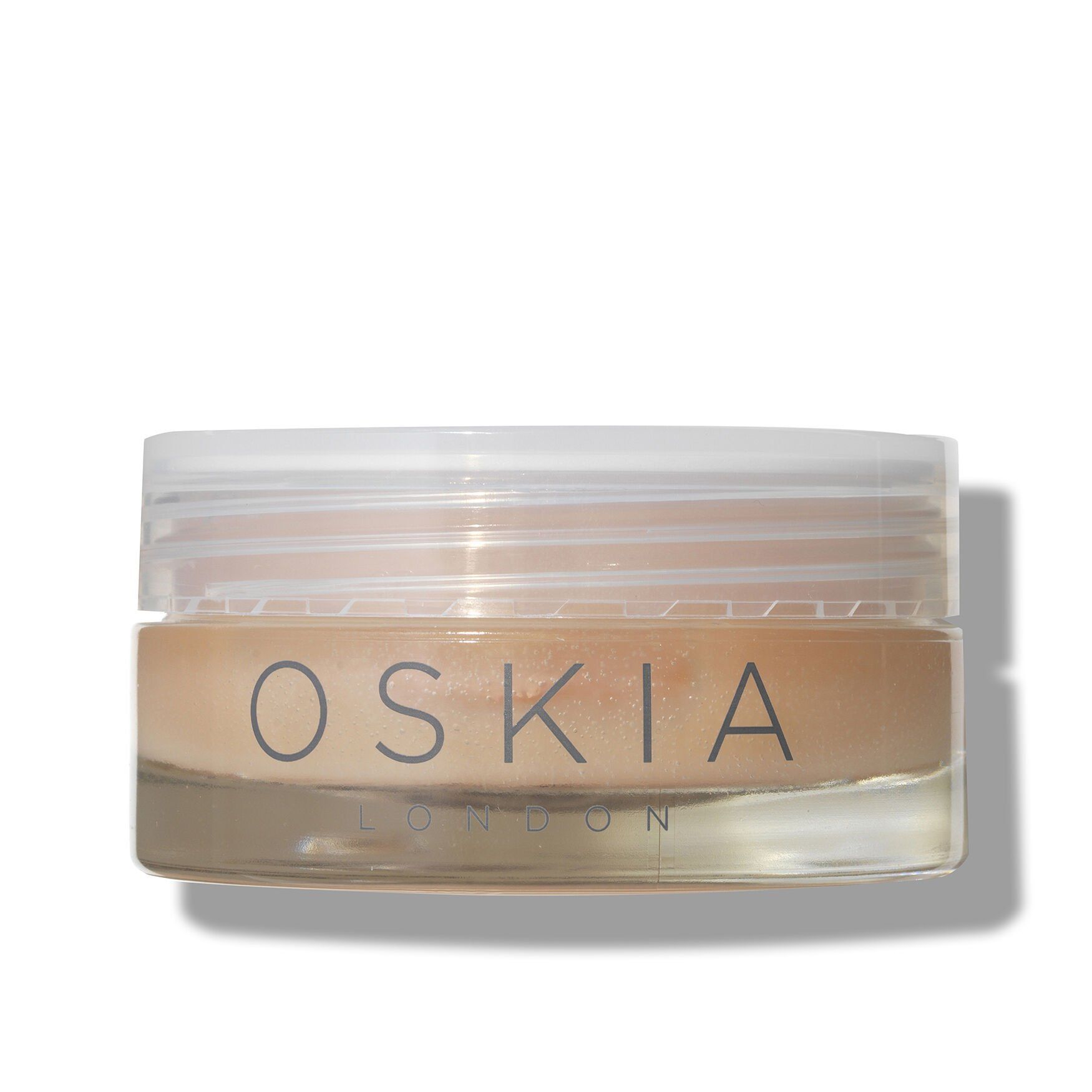
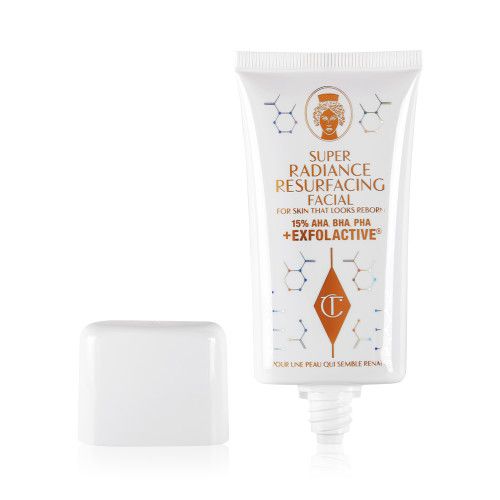
If you’re still using face wipes as your main form of cleanser, consider this to be a sign. Trust me. I really hate it when people shame you for your skincare choices (it’s all down to the individual at the end of the day), but when it comes to face-wipe usage, it’s time to say goodbye. Do I still have a pack lurking in my cupboard for makeup emergencies? Sure. But that’s not to say they are to be used every day. Not only are they, once again, terrible for the planet, but they’re also bad news for your skin. In order to properly remove makeup and acne-causing bacteria, it is absolutely essential to cleanse your face with a wash-off cleanser every morning and night. When it comes to makeup removal, opt for gentle, hard-working formulas.
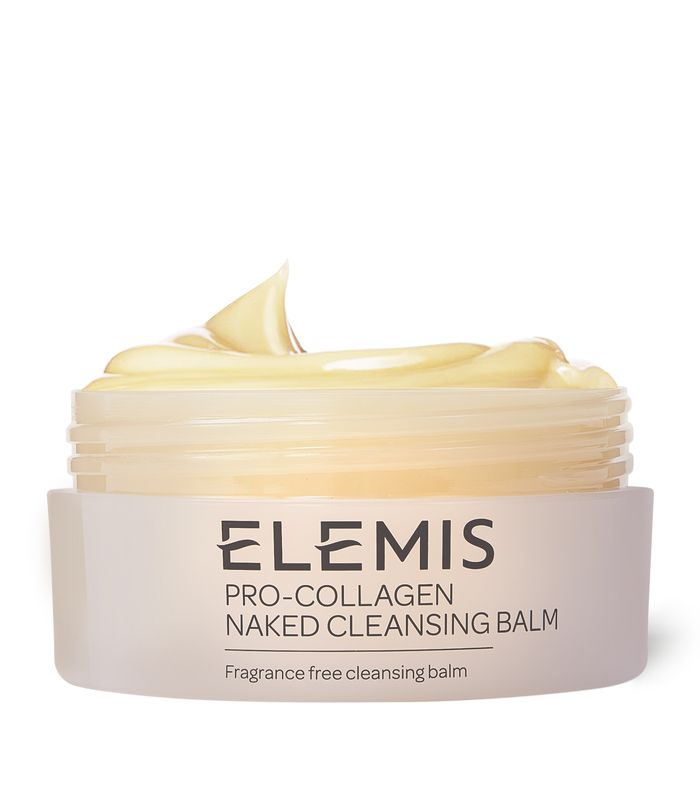
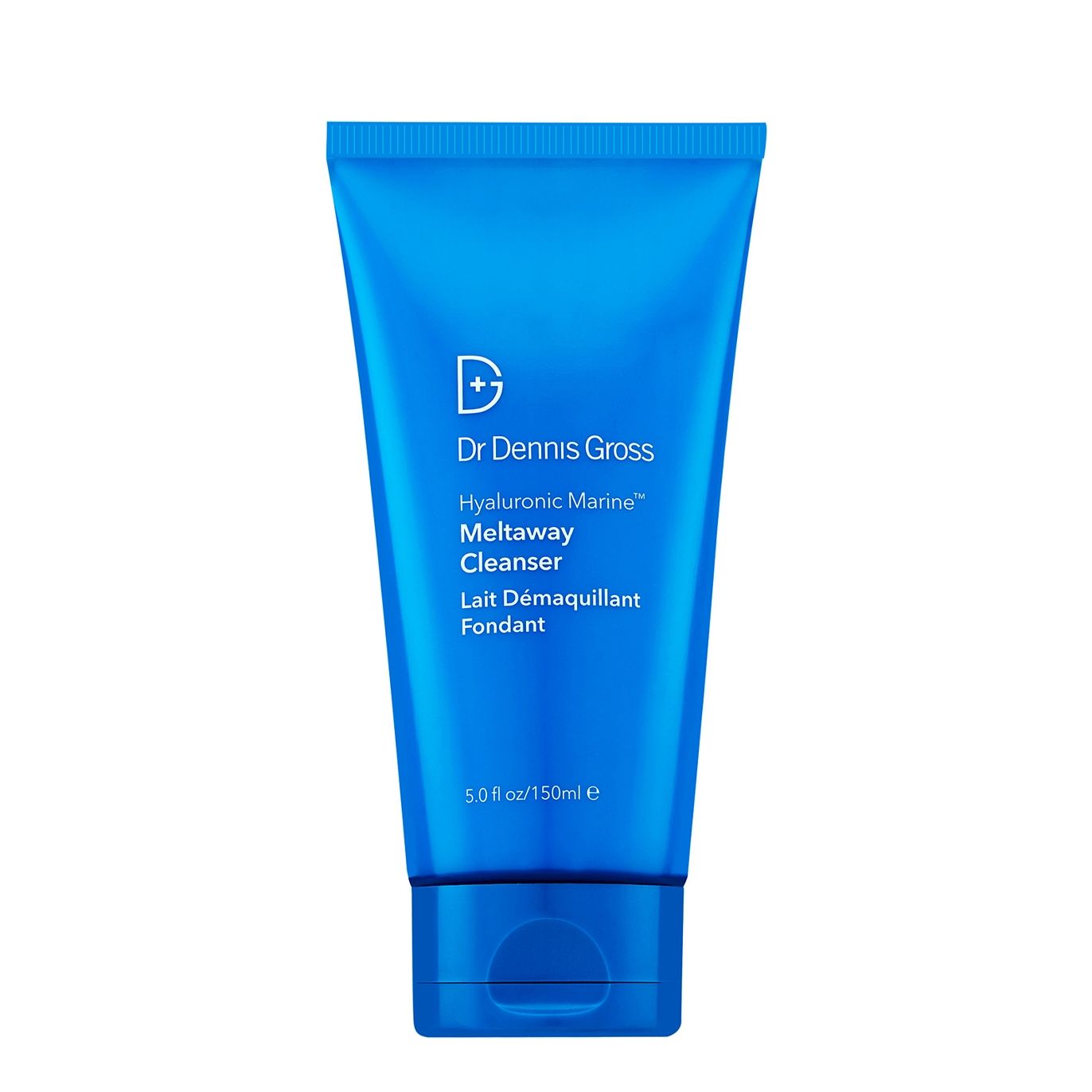
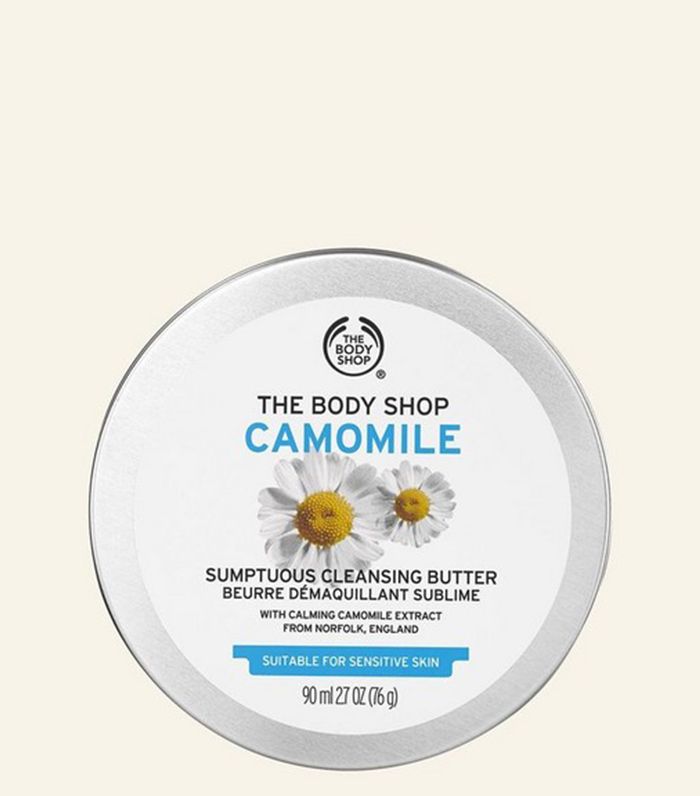
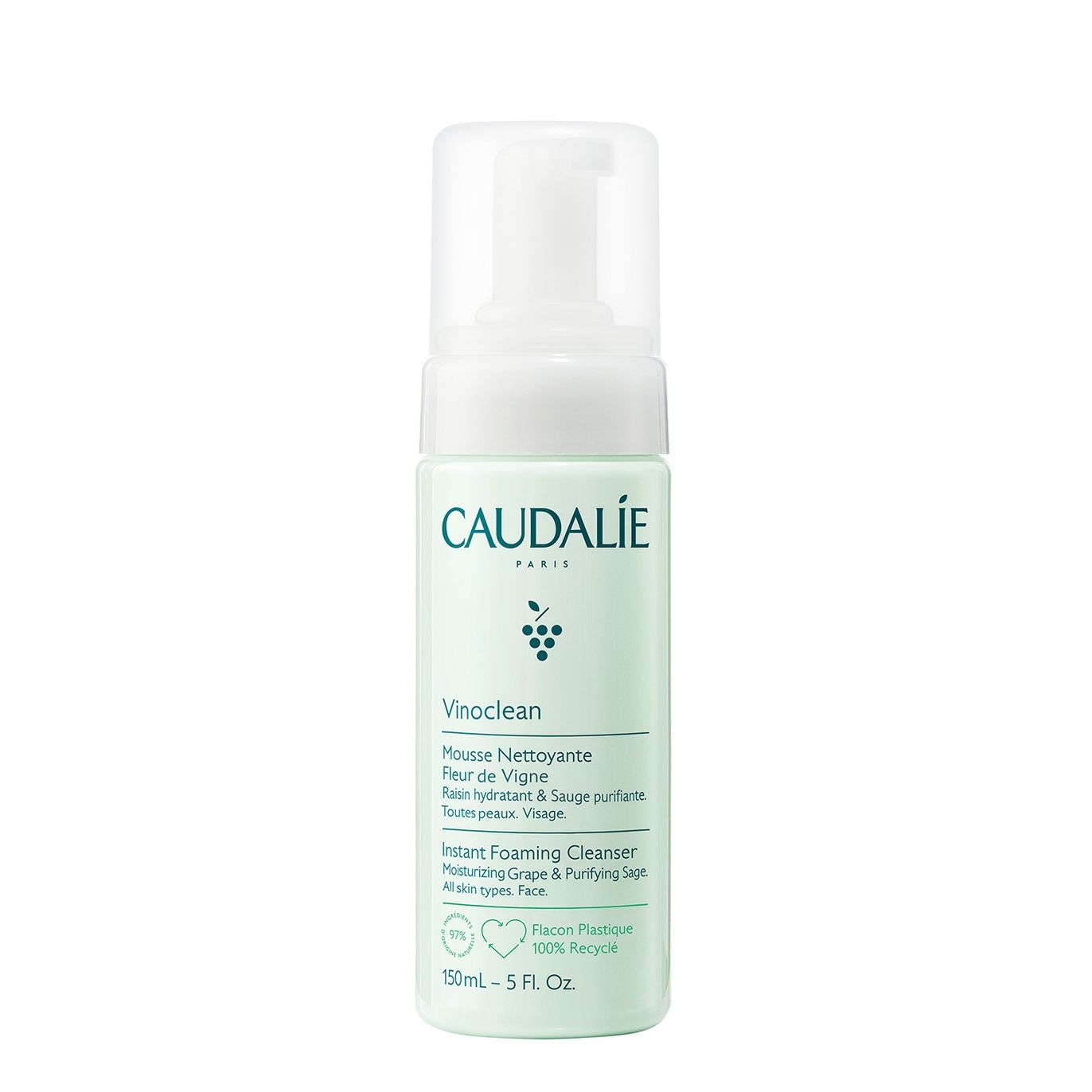
This is a bit more complex than others on the list, but it’s a very common theme amongst science-led skin experts that facial oils are best left untouched if you’re not totally clued up on them. A huge number of skincare products contain oils to help nourish our skin or, in the case of essential oils, give a product more of a luxurious user experience. However, when oils are formulated within other products, dosage is significantly lower than they might be in, say, a straight-up facial oil.
The most expensive face oils are those that contain essential oils (they are expensive for brands to purchase, making the markup on the product even higher), and essential oils in high volumes are seriously bad news for skin. They can turn skin red, dry, and angry. On the other hand, non-fragrant, cheaper oils, such as rosehip, grapeseed, and chia seed, can prove great for drier skin types. The best piece of advice I have been given by an expert? Just opt for no-fuss moisturisers that contain a blend of skin-loving ingredients. That way, you don’t have to take the risk.
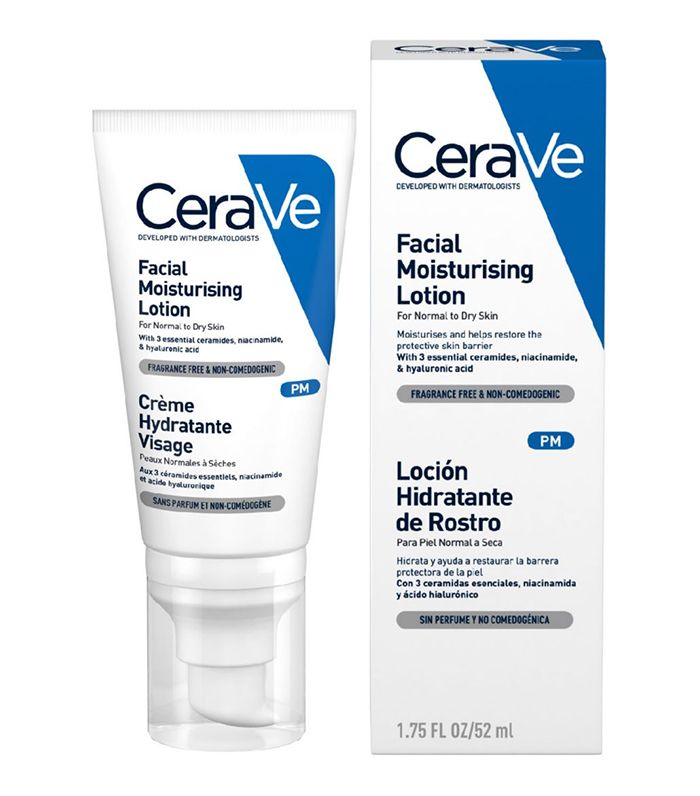
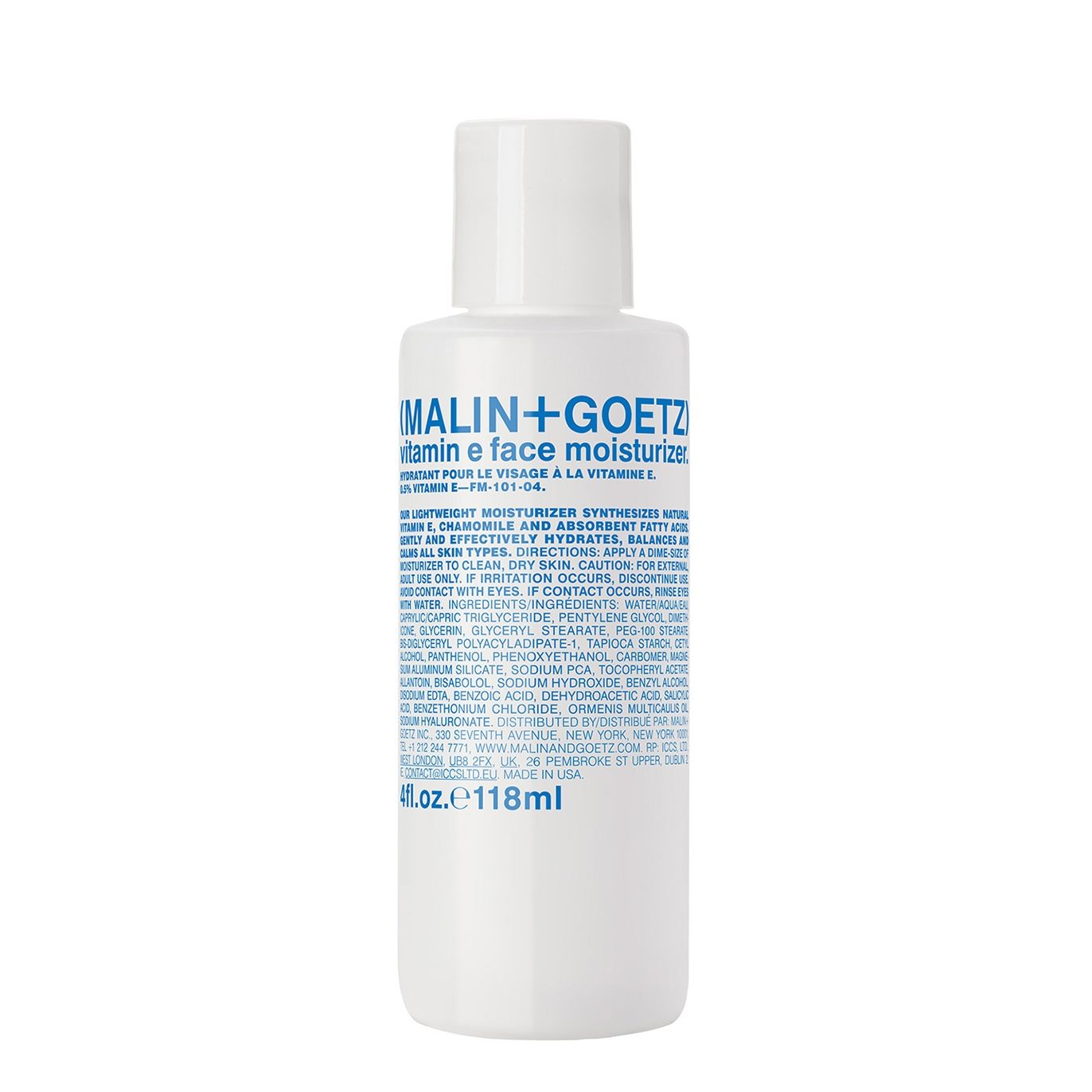
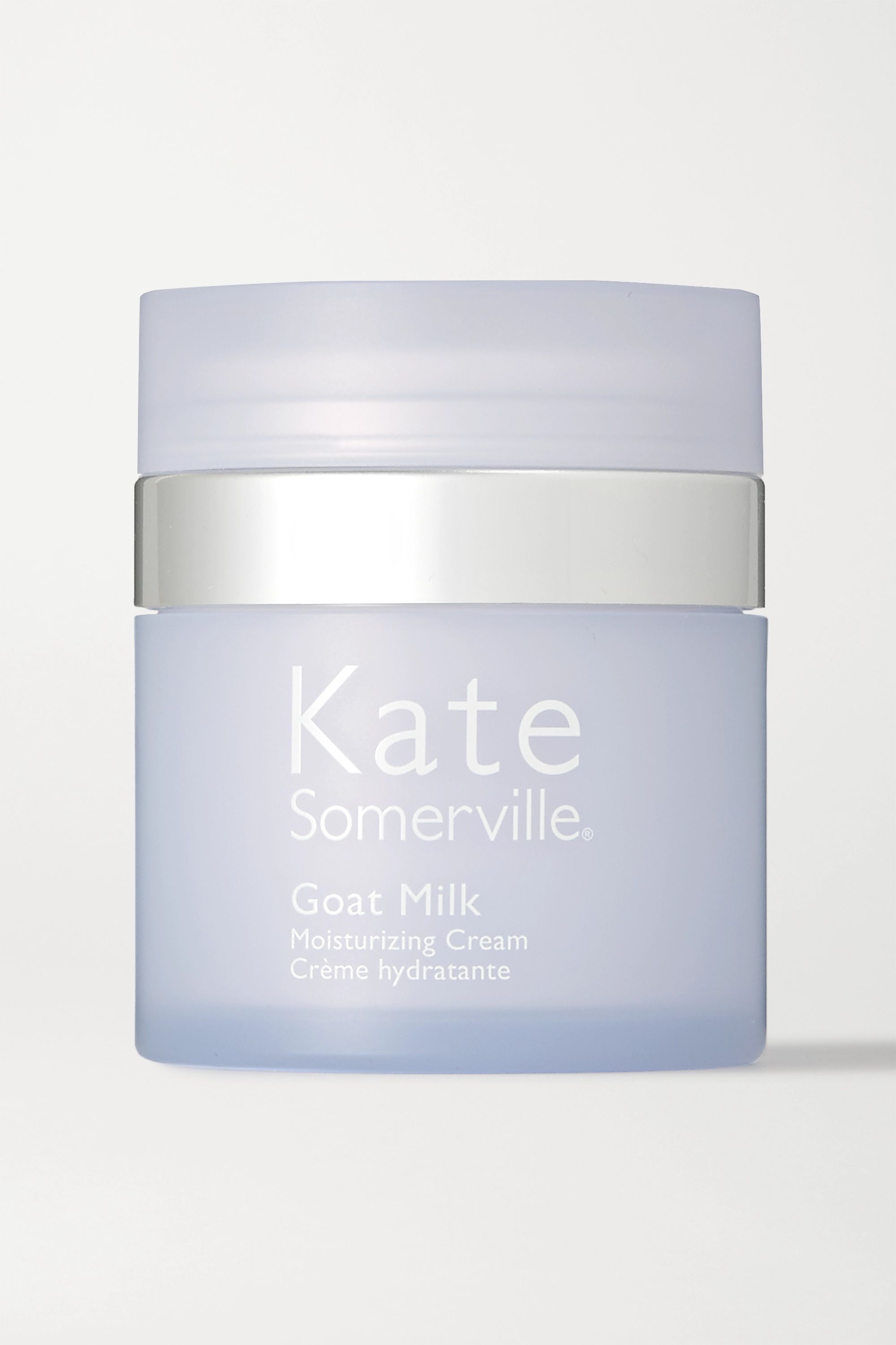
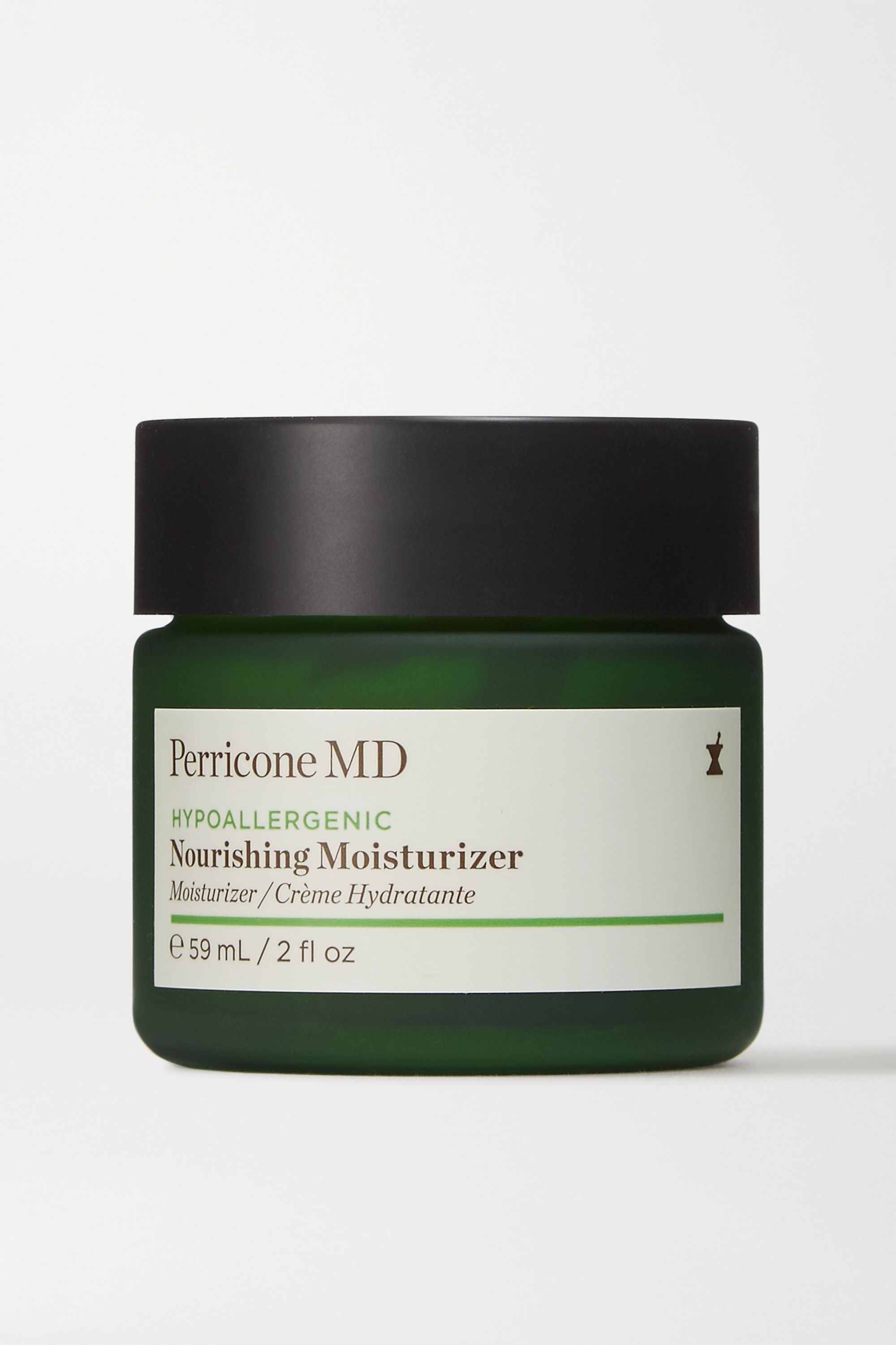
As someone who has oily, congestion-prone skin, trust me when I tell you I totally get the appeal of cleansing devices. An electronic brush or silicone device that works to unclog pores? Sign me up! But actually don’t, because they’re really quite bad for your skin in the long run. When used once in a blue moon during the extraction process of a professional facial treatment, they can have their benefits, sure. However, when used regularly at home by untrained hands, any sort of electronic scrubbing (or anything that works harder and faster that your hands) is deemed too abrasive by experts. In truth, wiping away your cleanser with a muslin cloth, morning and night, is all it takes.
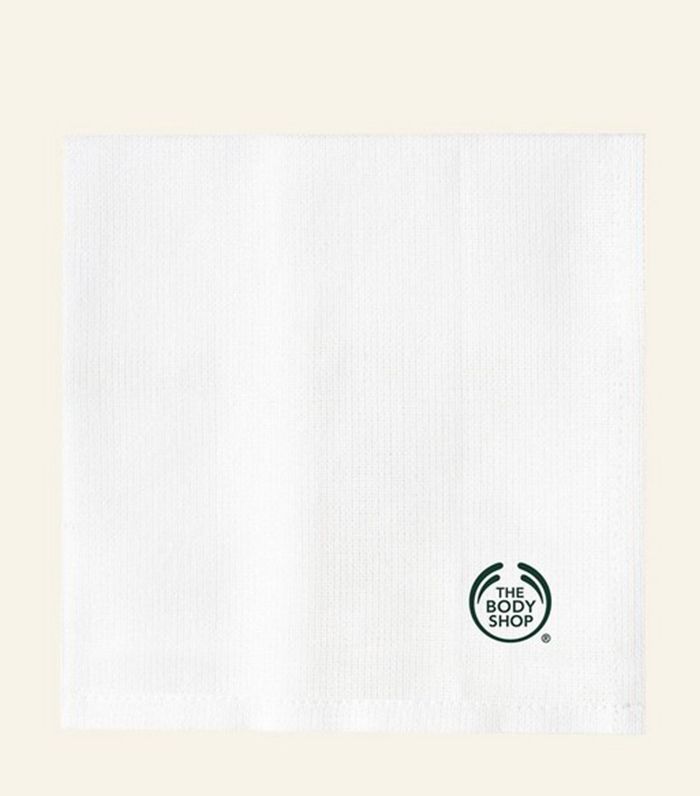
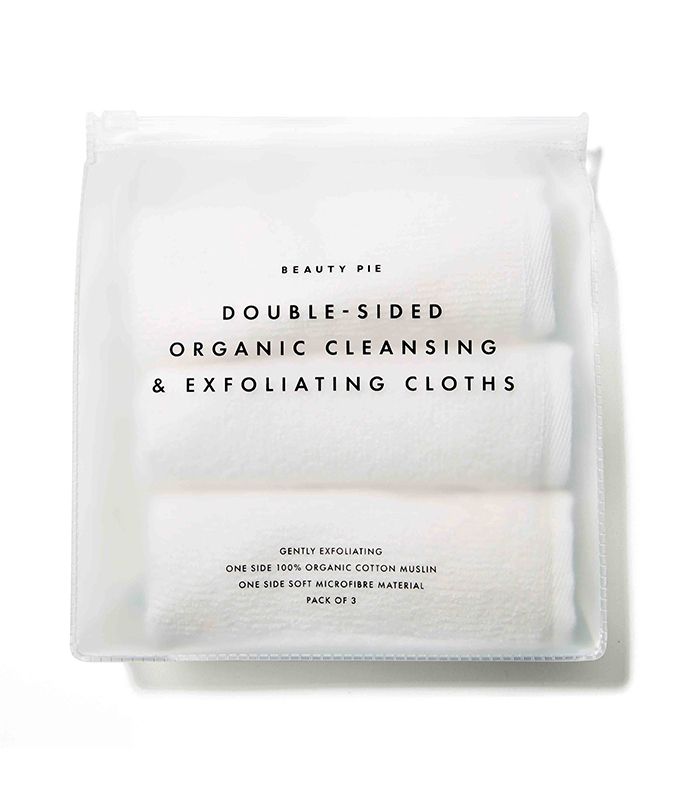
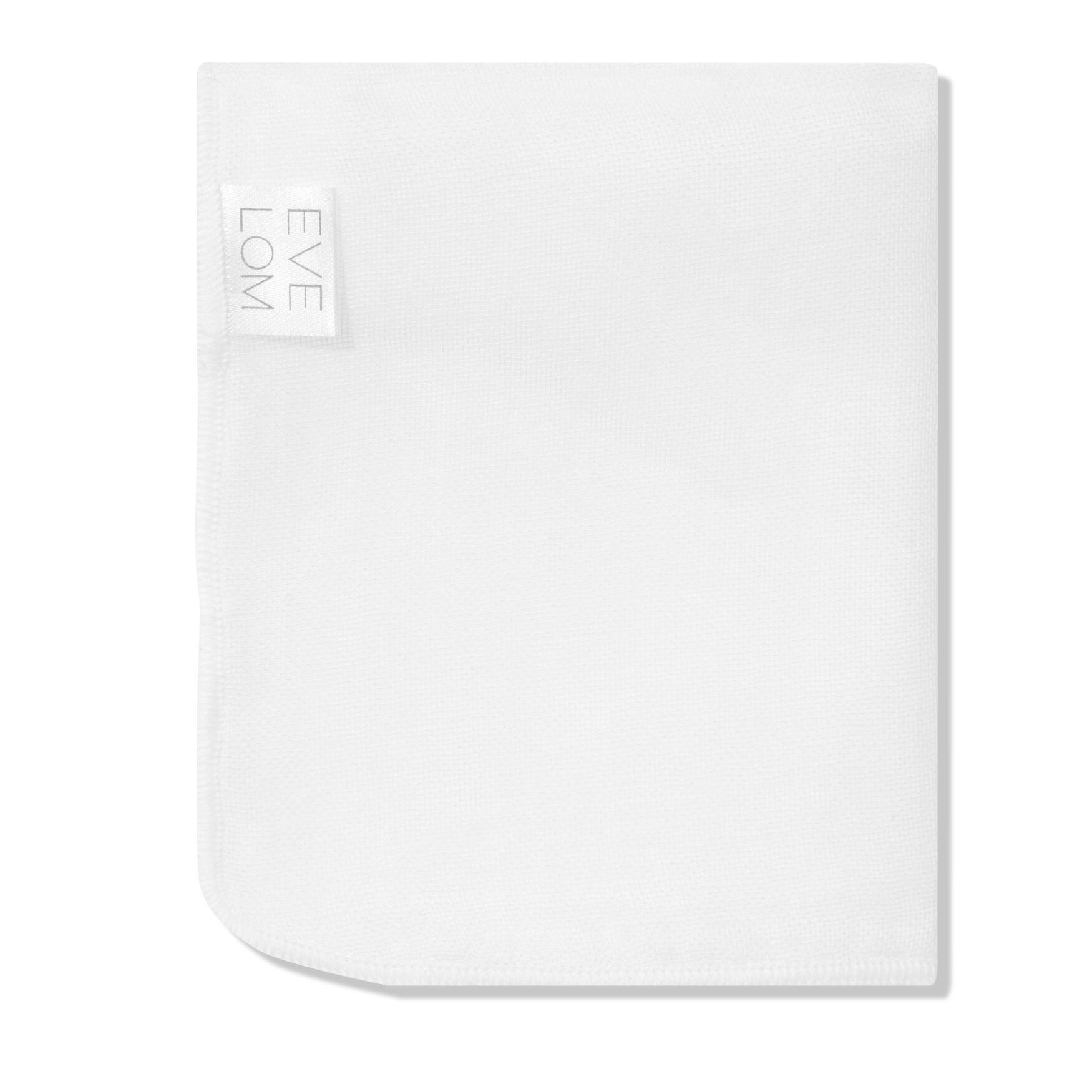
Of all the products skin experts have told me to stop using over the years, blackhead-clearing nose strips were, by far, the hardest to part with. My nose is covered in black pinprick spots, and there was a time when I found nothing more satisfying than tearing them all out with a pore strip.
However, every time I visited an aesthetician, they warned me that the skin on my nose was seriously damaged and covered in broken veins and pigmentation. It turns out, it’s mostly down to overusing pore strips. Anything that has an adhesive effect will cause the skin trauma and damage the barrier, leading to dryness, redness, scarring, and even (as in my case) broken veins. Instead, look for cleansers and treatments that utilise oil-sapping, pore-unclogging ingredients such as clay and salicylic acid.
